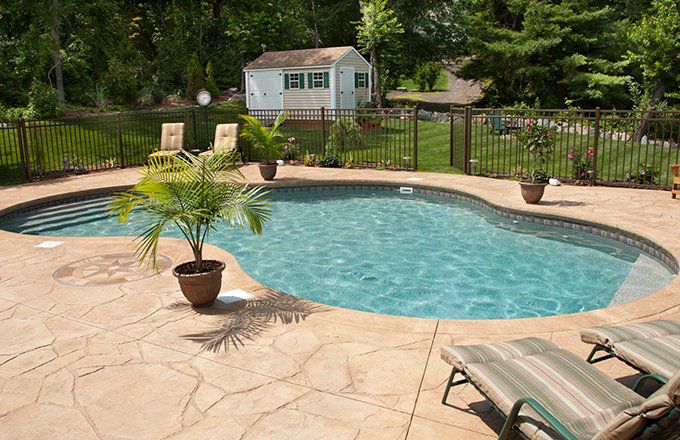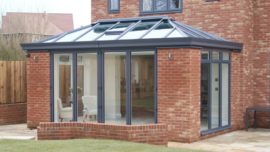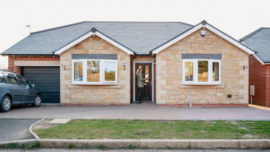
Swimming Pools: Things You Need To Know
There are 3 types of in ground swimming pools
- Concrete
- Vinyl-lined
- Fiberglass
Concreate pools
Concrete swimming pools take longer to install than most. Generally, it takes between 3-12 weeks. However concrete pools are the strongest and most durable. Unlike other types of pools, existing concrete pools can be remodelled, enlarged and updated.
Vinyl pools
Vinyl pools are made from a performed flexible liner that fits into the evacuated hole. It’s secured to a reinforced frame made of steel, aluminium or non-corrosive polymer. The majority of vinyl pools are rectangular. Its takes about 1-3 weeks to construct this pool. When wanting a vinyl pool, you must be aware that pool toys, pets and sharp objects can puncture the liner, needing it to be replaced.
Fiberglass pools
Fiberglass pools are factory moulded into one giant bowl, which is set into the evacuated hole by a crane. Pools made from fiberglass can be installed much faster than other pools. It can take as little as 3 days. Fiberglass pools are extremely durable and stain resistant. However, fiberglass pools come in fewer sizes and shapes meaning you may not be able to have one if you have a small or uniquely shaped back garden.
Frequently asked questions about
What is the most efficient way to heat pools?
If you want an energy efficient way to heat your pool, you should consider using a pump pool heater in mild climates. Solar water heaters are cost competitive with other types of water heaters and have low annual operating costs.
Which is better a heat pump or gas heater for pools?
Heat pump heaters cost more than gas pool heaters. Gas pump heaters typically have lower annual operating costs because of their higher efficiencies. However, with decent maintenance heat pump heaters last longer than gas pool heaters.
Is a heated swimming pool worth it?
Pool heaters have potential to be an incredibly worthwhile investment if you want to use your pool all year round.
What is a conventional boiler?
Conventional boilers provide both heating and hot water with the use of a cold-water tank and hot water cylinder.
Do solar rings work to heat a pool?
Most solar-rings can absorb up the top 50% of the sun’s energy to heat water in your swimming pool.
How efficient are pool heaters?
Pool heaters can operate between 80-90% efficiency.
When should I start heating my pool?
Using the heater only when the water clips below a certain point keeps the energy consumption down. For the average person, a pool that is at 78 degrees or higher is comfortable.
Cheaper ways to heat your swimming pool
- Use of solar cover
- Pool heat pump
- Solar sun rings
- Combine a solar cover and heat pump
- Liquid solar pool cover
- Black hose trick
- Windproof pool enclosure







